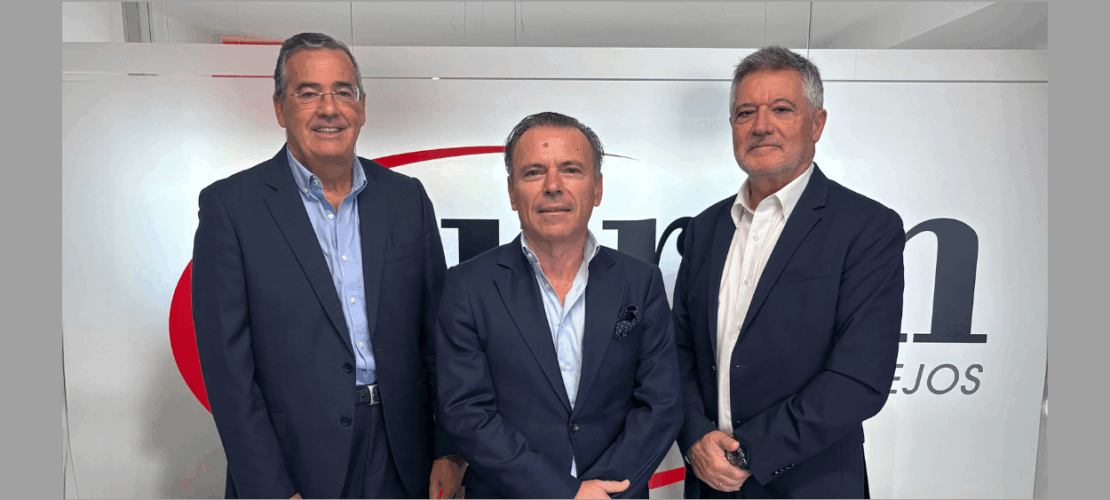Between Spain and LatAm
Appointed in April 2025, Federico Silva Ortiz, general counsel and chief corporate officer of Arba Energías Renovables, takes the reins of the global corporate legal function of Arba’s principal shareholder, Simm Holding; group rules, local autonomy, surgical outsourcing and caution with AI
by Ilaria Iaquinta
With one foot in Spain and the other in Latin America —Brazil, Chile and Argentina— since April 2025 Federico Silva Ortiz, general counsel and chief corporate officer of Arba Energías Renovables, has also been leading the global corporate legal advisory of Arba’s principal shareholder, Simm Holding. The scope is not minor: more than 2,000 people, 8 GW built and over 6 GW in operation and maintenance, among other activities. Arba acts as the development arm, with a wind focus and activity in Spain, Italy, the US and several LatAm countries. “It’s a challenge that demands flexibility, adaptability and —above all— a lot of communication”, he tells Iberian Lawyer.
With a career spanning Buenos Aires, Geneva, Barcelona and Madrid, Silva Ortiz first cut his teeth at law firms —M. & M. Bomchil and Garrigues— before moving in-house: he was external adviser to Vestas in Spain and later led legal departments in-house at Capital Energy and, since 2020, at Arba and now the Simm group. “In a connected world, international experience is no longer a plus: it’s almost a prerequisite. Today it’s imperative to read the business and the context through a global lens, not just the rulebook”, he notes.
Common compass; local leeway
The legal architecture combines group rules and autonomy at source. Within the Simm group there are local teams in Argentina, Chile, Brazil and Spain; Arba has an in-house team in Spain and turns to local counsel in other jurisdictions (Italy, LatAm, the US) for specific matters. With time zones up to six hours apart and operations on both sides of the Atlantic, coordination is structured in two blocks (LatAm/Spain) to balance workloads (January in LatAm, August in Spain; Carnival in Brazil). Functions are allocated with local decision-making and group alignment: teams handle general and day-to-day issues within their remit, while transactions that by their nature require it are coordinated at group level. “Autonomy without coordination is useless; uniformity without autonomy is, too” , he sums up.
The balance is tested daily: sizing a function with peaks and troughs, integrating cultures and distributing responsibilities without losing standards. In hiring, the GC prioritises adaptability, attitude, integrity, accountability, business vision and a solid legal foundation. “Without those ingredients, technique becomes a narrow view and prevents scalability and value-add”, he warns.
…












